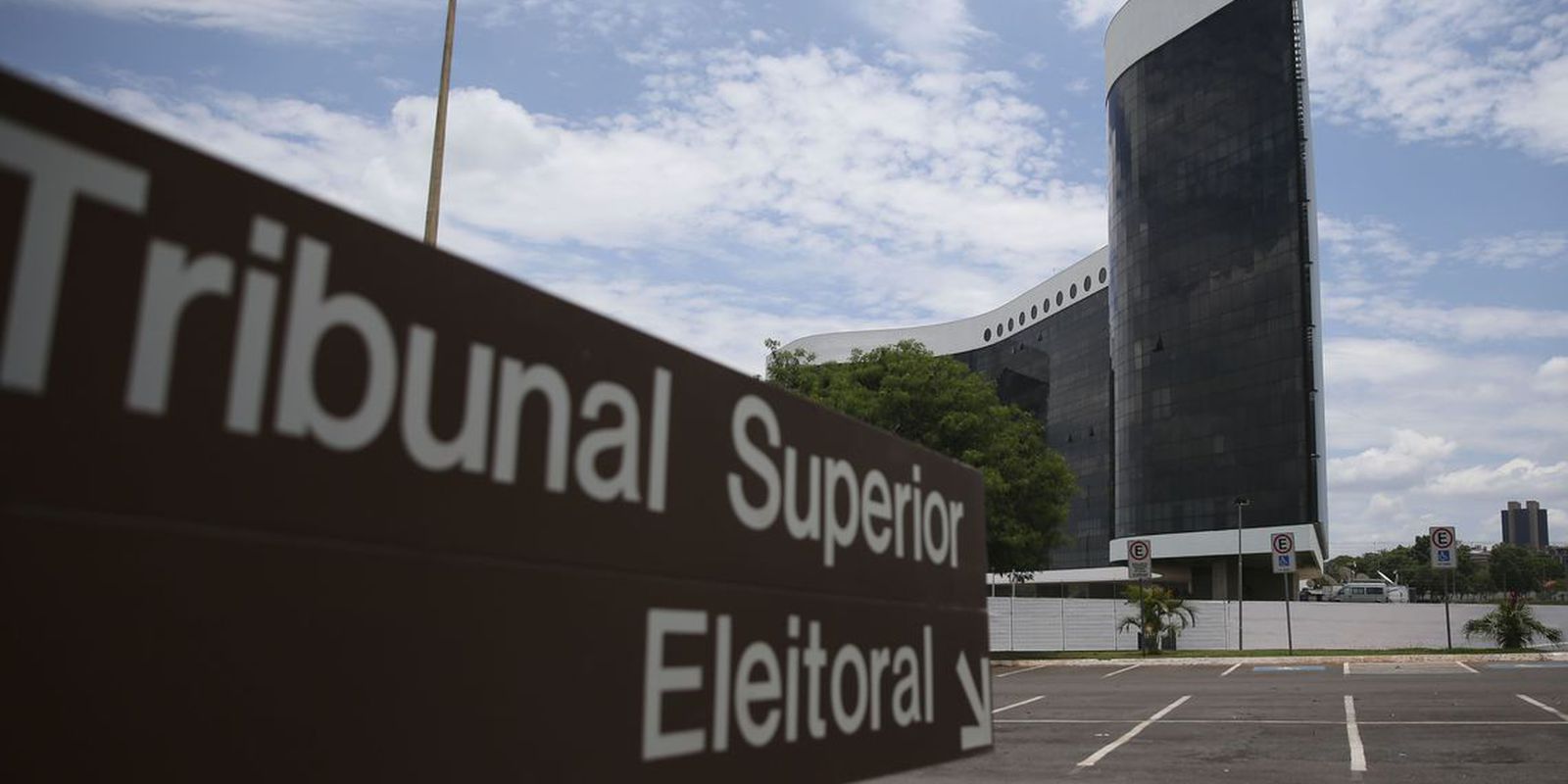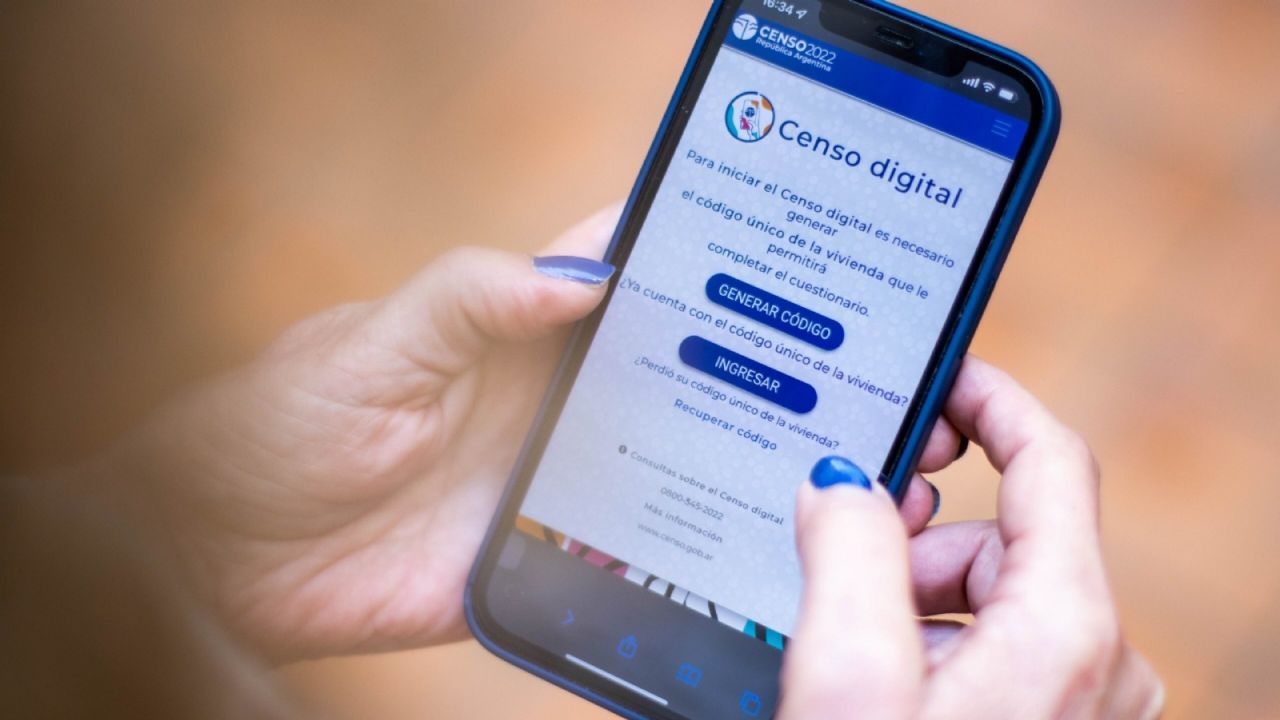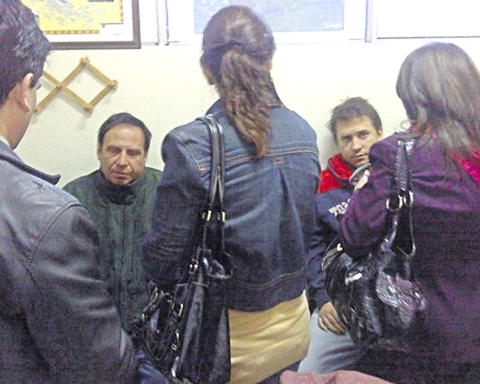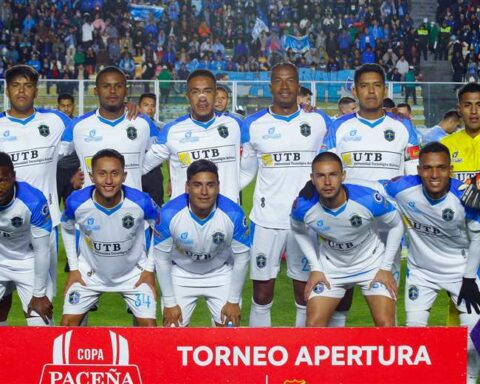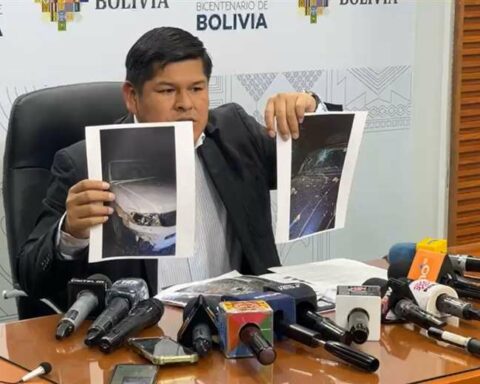For the first time in the history of the Gabriel René Moreno Autonomous University (Uagrm), students and teachers will participate this Monday in a binding referendum to approve or reject the re-election of authorities and decide whether the rector must preside over the Illustrious University Council (ICU).
The university authorities confirmed the holding of the consultation, in which the participation of nearly 90,000 students and 1,500 teachers is expected.
The University Electoral Court (CEU) informed that the consultation will be done in person and mandatory, as established in the call approved by the ICU.
This electoral process will take place for eight hours continuous, that is, from 8:00 a.m. to 4:00 p.m., from the installation of the voting tables in the different electoral precincts.
The rector of the Uagrm, Vicente Cuéllar, summoned the students and teachers to participate in the consultation that, according to the academic authority, seeks the independence of powers in the university, since the rector now also acts as president of the ICU, which is the highest decision-making body of the university (after the university congress) and, in addition, is the supervisory body of the state-run company.
“We call on the university community to participate in the referendum. We are convinced that this process comes to strengthen the internal democracy of Gabriel René Moreno”, The rector stated, highlighting that this process is carried out in compliance with the Statute approved at the II university congress in 2018, which suppresses the re-election of authorities.
For his part, Vice Chancellor Reinerio Vargas stated that the statute introduced important changes in the state-owned company from Santa Cruz, “such as the fact that they cannot be candidates for the student leadership students who have more than eight years of permanence at the university”, in addition to suppressing the re-election of authorities, an aspect that is now submitted to the consultation of the university community.
“In this university referendum we are going much further. We are going to ask if we agree with the re-election or not of the delegates to the ICU. Some (representatives of the student body) may spend less than eight years at the university, but may intend to go to a re-election and, now, we are going to have the opportunity to say whether or not we agree with the re-election of executive authorities, both in students and teachers”, he indicated.
In addition, he considers that the other important query that marks this referendum is whether the highest authorities, that is, the rector, the deans and the program directors must continue to direct the ICU, the faculty councils and the program councils, respectively.
“With this we want to correct those problems that have been dragging on for years,” Vargas said.
The questions
Voters must answer seven questions with yes or no. In the first three, they will be consulted if they agree agreement with the re-election of the delegates to the ICU, of the faculty councils and of the delegates to the career councils.
In the fourth, it will be consulted if they agree that the rector should preside over the ICU; in the fifth, if the deans should preside over the faculty councils; and in the sixth, if the directors of career should chair the career councils.
The seventh is to submit for consultation the elimination of the word origin in the phrase “being Bolivian of origin” as a requirement to be a race director.
Failure to attend this electoral process will be sanctioned with 20% discounts on salaries in the case of teachers and the payment of the entire tuition to students, as established by resolution ICU 005/2022.
“Teachers will have discounts, only once, of an amount equivalent to 20% of monthly salary” and “students tuition payment in the following academic administration, with a an amount equivalent to 100% of the officially fixed amount”, says part of the regulation. Now students have free registration, that is, the registration of subjects is free.
The authorities asked students and teachers to comply with their right to decide the fate of the university in a calm climate. Internal security will be strengthened within of the university premises and the Police will carry out controls in the surroundings of the university.


